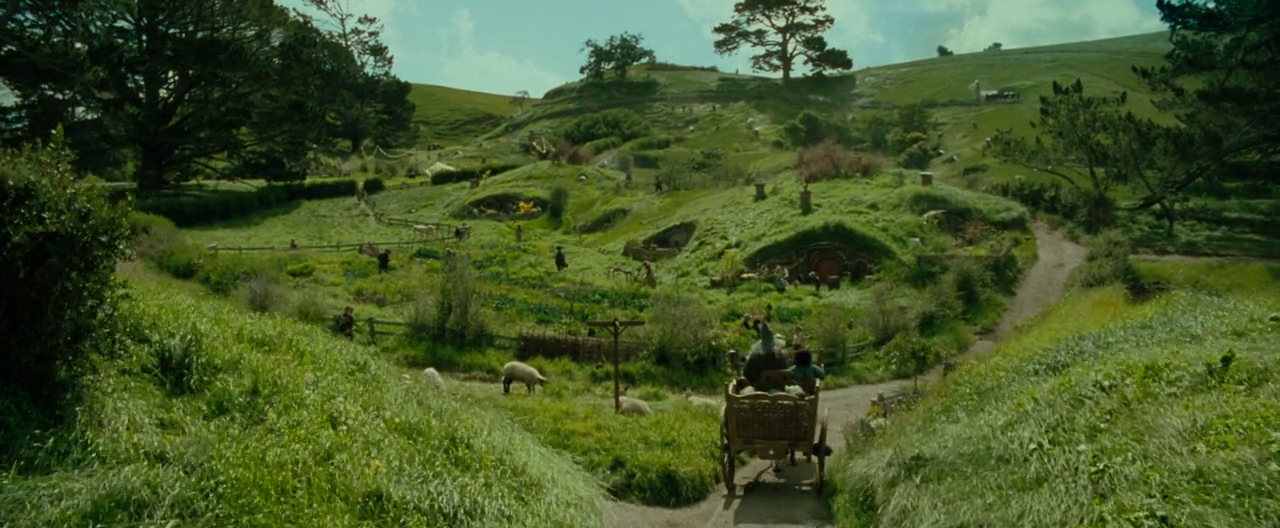As I begin to explore the various facets of using Science Fiction as vehicle to social commentary, an obvious example comes to mind.
- Title: Star Trek: The Next Generation - "The Hunted" Season 3, episode 11
- Medium: Television
- Year made: 1990
- Country of Origin: United States
Synopsis: While the Enterprise-D is reviewing a seemingly idyllic planet's application for Federation membership, an escaped prisoner leads its crew to discover an ugly secret: the government's shameful treatment of its war veterans.
Since this took place slightly before Desert Storm, I'm going to assume this is thinly-veiled attempt to shed light on the plight of many of our surviving veterans of Vietnam. At this time, the Vietnam War ended some 15 years before. This is one of the few episodes on television that I can remember that depicts a Vietnam veteran as intelligent, competent and as a protagonistic character in general. Prior to this episode, veterans in television usually came across as psychos or lunatics, all suffering from severe PTSD. While the character in this Star Trek episode also shows signs of this disorder, it is controlled and is part of his wounded nature, not the main motivation for his actions.
Star Trek is to be congratulated in bringing issues such as these in the forefront of our minds when we watch their episodes. In the my coming blog posts, I will be showing more fine examples of how our favorite Starfleet officers address touchy issues of our day sometimes poignantly, sometimes as a slap in the face.


